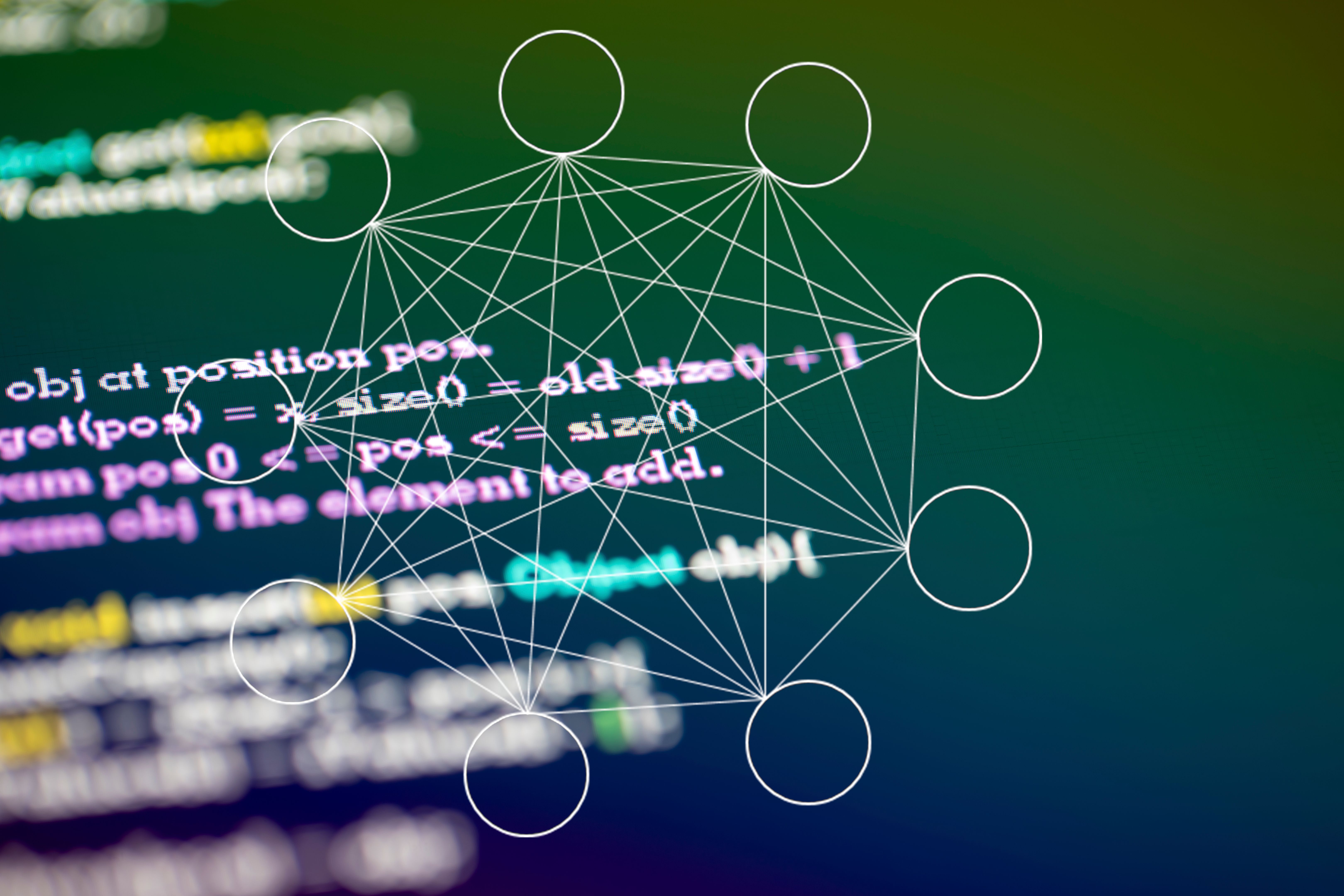Machine Learning's Impact on Indonesian Business Transformation
Introduction to Machine Learning in Indonesia
Machine learning (ML) has emerged as a powerful tool in transforming businesses across the globe. In Indonesia, the adoption of machine learning technologies is rapidly gaining momentum, reshaping industries and creating new opportunities for growth. As one of Southeast Asia's largest economies, Indonesia is uniquely positioned to leverage these advancements to enhance productivity, efficiency, and competitiveness.
The Indonesian government and private sector alike are investing heavily in digital infrastructure and skills development to support this transformation. The integration of machine learning into various business processes is not only modernizing traditional sectors but also paving the way for innovation-led industries.

Revolutionizing Traditional Industries
Machine learning is playing a pivotal role in revolutionizing traditional industries in Indonesia, such as agriculture, manufacturing, and retail. In agriculture, ML algorithms are being used to optimize crop yields by analyzing weather patterns, soil conditions, and other variables. This technology helps farmers make data-driven decisions to improve productivity and sustainability.
In the manufacturing sector, machine learning is enhancing operational efficiency by enabling predictive maintenance and quality control. By analyzing data from machinery and production lines, businesses can preemptively address potential issues, minimizing downtime and reducing costs.

Retail Transformation
The retail industry in Indonesia is also experiencing a transformation through machine learning. With the rise of e-commerce, businesses are leveraging ML algorithms to personalize customer experiences by analyzing consumer behavior and preferences. This personalization is leading to increased customer satisfaction and loyalty.
Driving Innovation in New Sectors
Beyond traditional industries, machine learning is driving innovation in emerging sectors such as fintech, healthtech, and edtech. In fintech, ML algorithms are being used to enhance fraud detection, credit scoring, and customer service. This is enabling financial institutions to offer more secure and personalized services to their clients.
In the healthcare sector, machine learning is improving diagnostic accuracy and patient care. By analyzing medical data, ML models can assist doctors in identifying diseases earlier and recommending personalized treatment plans. This technology is contributing to better health outcomes for patients across Indonesia.

Education and Skills Development
The education sector in Indonesia is also benefiting from machine learning technologies. Edtech platforms are using ML to offer personalized learning experiences that cater to individual student needs. This approach helps improve educational outcomes by adapting teaching methods based on each student's strengths and weaknesses.
Challenges and Future Prospects
While the potential for machine learning in Indonesian business transformation is immense, there are challenges to consider. Issues such as data privacy concerns, the need for skilled talent, and infrastructure limitations can hinder the pace of adoption. However, with concerted efforts from both the public and private sectors, these challenges can be addressed effectively.
Looking ahead, the future prospects for machine learning in Indonesia remain promising. Continued investment in digital infrastructure, education, and research will be crucial in unlocking the full potential of this technology. By embracing machine learning, Indonesian businesses can position themselves at the forefront of innovation and drive sustainable economic growth.